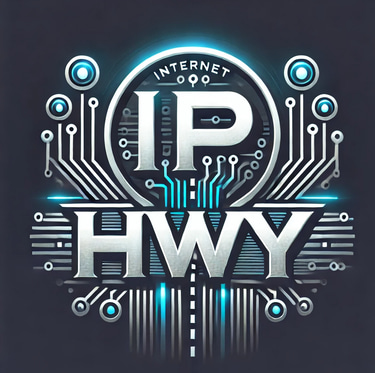AI Regulation in the U.S. ... Held Hostage by Outdated Leadership
Can Career Politicians Regulate AI? The Dangerous Lag Behind Innovation.
Jim Leone
6/2/20252 min read
Artificial Intelligence is evolving at breakneck speed, transforming industries, economies, and the fabric of society. Yet while innovation surges forward, U.S. regulation limps behind. Europe has already taken decisive action with its AI Act, but in the United States, meaningful oversight remains fragmented, toothless, or nonexistent.
Why? Because the very people tasked with leading us into the AI era are often unequipped to understand it. Many of the lawmakers overseeing this transformation are career politicians, some elected in the pre-internet era, who remain in power well into their seventies and eighties. These individuals, entrenched in outdated political machinery, are regulating tomorrow’s technology with yesterday’s knowledge.
Europe’s Bold Leap Forward The European Union has enacted the world’s first comprehensive AI legislation, the EU AI Act. Its framework addresses biometric surveillance, algorithmic bias, transparency, and the classification of AI systems by risk. It’s not perfect, but it’s forward-looking and adaptive. Crucially, EU policymakers have consulted technologists, ethicists, and legal experts in drafting policy that reflects the complexity of AI.
In contrast, U.S. efforts have been scattered. Guidance from NIST, the White House AI Bill of Rights, and proposed state-level frameworks all lack enforceability. Tech corporations continue to self-regulate, when they choose to, further eroding public trust.
The Digital Literacy Crisis in Congress The root of this disparity isn’t technological, it’s generational and structural. U.S. lawmakers lack digital literacy at the highest levels. Consider Vice President Kamala Harris, who in a public address once referred to "the cloud" while pointing upward into the sky and chuckling, a symbolic moment reflecting a dangerous lack of understanding. This isn't a 'Left' or 'Right' issue, this is a political power issue. Others have infamously asked tech CEOs how websites make money or expressed confusion about how email works.
These are not isolated incidents. Many of these politicians were first elected in their 30s and 40s and are now deep into their 70s and 80s, still holding the reins of power. They are regulating AI the same way they once regulated the rotary phone, through slow, reactive, and disconnected policymaking.
Why This Matters... National Security, Innovation, and Civil Liberties The consequences are enormous:
Unchecked algorithmic bias leads to discrimination in healthcare, finance, and law enforcement.
Corporate overreach flourishes in the absence of regulation, fueling monopolies and eroding user privacy.
National security risks grow as hostile actors weaponize AI in cyberwarfare, deepfakes, and misinformation campaigns.
Workforce disruption accelerates without safety nets or reskilling programs.
Meanwhile, China races forward with AI integration into state surveillance, and Europe defines ethical boundaries. The U.S.? It dithers.
Solutions: Rebooting Oversight for a Digital Age We need real reform:
Term limits to prevent entrenched power that stifles innovation.
Tech competency requirements for lawmakers who oversee technology policy.
Public-private task forces that include AI researchers, ethicists, and cybersecurity leaders.
National AI legislation with teeth, regulatory frameworks that evolve as the technology does.
AI is not coming, it’s here. And the regulatory gap is widening. If the United States wants to lead in AI innovation while protecting its citizens, it must start by confronting a hard truth: we cannot regulate the future with leaders stuck in the past.
It’s time to upgrade our political firmware..... before it crashes the system.
The IP HighWay
Stay updated with the latest IT security news.
info@iphwy.com
© 2025. IPHwy LLC. All rights reserved.



